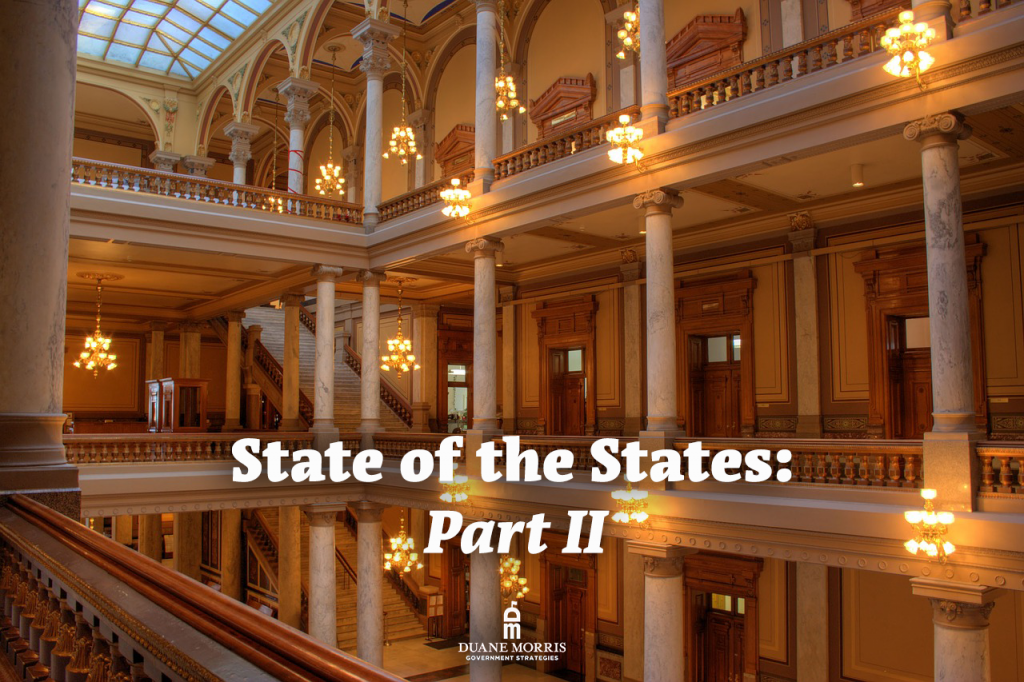
As we noted in our last State of the States installment, governors around the country are in the process of delivering their State of the State addresses where they outline their legislative and executive priorities for the year. Since our last update, more governors have delivered their addresses and provided legislators and the public a peek into their 2022 priorities.
Georgia
Governor Brian Kemp delivered a 2022 State of the State address on January 13th. Kemp primarily focused on education, healthcare workers, and public safety.
Kemp brought up a plan from 2018 to raise teacher pay in the state by $5,000. Three years ago, the state made a $3,000 down payment on that. Kemp is now proposing an additional $2,000 in the FY 2023 budget (in addition to amending the FY 2022 budget) to make good on the initial $5,000 goal.
Kemp proposed adding $425 million to fully fund Georgia schools and completely restore any austerity cuts to education funding made during the COVID-19 pandemic.
Kemp also reported including a $139 million investment in Georgia Access to help reduce insurance premiums by 12% on average statewide.
To address a shortage in physicians and nurses across Georgia, Kemp’s budget proposal includes $1 million for the University System of Georgia to expand nursing programs up to 500 students every year for five years. The budget also includes funding for the state’s Technical College System to grow its partnership with Allied Health to serve up to 700 new students every year. Additionally, Kemp’s budget calls for investing $2.5 million for 136 residency slots and another $1 million to Mercer University to address shortages of rural physicians.
Indiana
Earlier in January, Governor Eric Holcomb delivered a 2022 State of the State Address. In the address, Holcomb gave a present outlook for the state. Holcomb noted that Indiana finished the 2021 FY with $3.9 billion in reserves, resulting in an automatic taxpayer refund and reduction of pension obligations. Holcomb also reported that Indiana’s unemployment rate is at a 21-year low at 3% and that the state has reduced its debt by 24% since June of 2017.
With regards to economic development, Holcomb expressed a desire to provide greater flexibility within the state’s existing tax-credit incentive programs, to recruit more remote-worker jobs, and to eliminate the 30% business personal property tax floor on new equipment to ensure Indiana is competitive and to encourage more capital investment in the manufacturing arena.
Holcomb also touched on education, noting the state’s investment of a record $1.9 billion in new dollars for K-12 education over the biennium and increasing the K-12 tuition support formula by 9% ($1 billion). Holcomb also noted that the state’s goal for new teacher salaries is $40,000 by July 1st of this year.
Addressing mental health is another issue Holcomb brought up in the address. Holcomb mentioned Lieutenant Governor Crouch’s work to promote a comprehensive strategy to support mental health in the state, which includes making investments to grow the state’s mental health workforce by expanding access to mental health services, rolling out the new federal 988 Suicide Hotline, and investing more to reduce the stigma of mental health challenges.
Infrastructure is an issue at the top of many minds this year. Holcomb stated that Indiana is in the middle of deploying $60 billion over 20 years to expand and enhance the state’s roads and bridges. $3.6 billion will be invested just this year in road projects throughout the state. Additionally, $420 million is committed to wastewater, drinking water, and stormwater infrastructure improvements, $780 million is committed to a new state archives building, and the state is in the middle of investing up to $150 million in expanding walking, hiking, and biking trails.
Virginia
Governor Glenn Youngkin was sworn into office on January 15th. Youngkin addressed the legislature for the first time earlier this week, laying out the new administration’s priorities.
Related to education, Youngkin called for $150 million to start 20 new charter schools in the Commonwealth and noted the expectation that the yet-to-be-passed budget will include record investment in education, including a boost in teacher pay. Youngkin also touched on school curricula, a major issue during the campaign last year, noting a belief that parents have a right to decide their children’s upbringing and education. Youngkin also railed against the teaching of critical race theory in Virginia. In addition, Youngkin indicated a willingness to sign a bill that would give parents the right to be informed before their child is exposed to sexually explicit materials.
Youngkin also touched on healthcare and COVID-19, making clear the administration’s opposition to any COVID-related health requirements, including the federal government’s COVID-19 vaccine requirements for healthcare workers.
Youngkin further touched on the economy, expressing a desire to repeal regulations, invest in job training, foster innovation, tackle rural broadband, and make a significant investment in mega-sites.
Youngkin also addressed law enforcement, calling for $100 million in ARPA funding for a training and equipment grant program for law enforcement and providing capital funding or a new state police training facility. Youngkin also called on the Commonwealth to dedicate $26 million in funding for police departments in localities increasing funding for their police departments.
West Virginia
After contracting and testing positive for COVID-19, Governor Jim Justice postponed the traditional in-person State of the State in favor of a written message, the first time in modern history that a West Virginia governor has delivered a State of the State by written message.
Justice gave an economic overview of the state, including that West Virginia concluded FY 2021 with a $413 revenue surplus and halfway through FY 2022 is already showing $475 million above estimated collections. Justice also drew attention to the state’s unemployment rate, which has gone from 7.1% in January of last year to 4% today, one of the lowest rates in the country.
Looking back at 2021, Justice highlighted $1.1 billion in investment by 39 different companies through economic development-related activities, resulting in 1,330 new jobs and the retention of more than 6,400 jobs. West Virginia’s total employment increased by over 36,000 jobs in 2021 alone.
New development is also on the horizon in West Virginia as Justice announced the following:
- Nucor Corporation selected Mason County as the location for a state-of-the-art sheet steel mill (over a $2.7 billion investment);
- GreenPower Motor Company agreed with the state to manufacture zero-emission, all-electric school buses in South Charleston, which will bring hundreds of new jobs and millions of dollars in economic impact to the state; and
- Owens & Minor, a Fortune 500 company that provides medical supplies, will expand on a deal with WVU Medicine to create over 125 jobs at a healthcare products preparedness and supply center in the state. Along with the state, Owens & Minor will invest $50 million in West Virginia.
Looking ahead, Justice is proposing a flat budget for the fourth consecutive year. The proposed budget is 1.4% higher than last year’s (below the 7% inflation rate) and will not see a dip into the state’s Rainy Day Fund, which now sits at over $1 billion.
Justice also called for continued investments in the state’s food banks and education.
Latest News
Photo credit: iStock.com/zrfphoto In the State of Washington, members of the General Assembly can pre-file legislation in the month before a legislative session begins. Beginning on December 4, 2023, lawmakers began pre-filing dozens of bills. [...]
Photo credit: iStock.com/SeanPavonePhoto On December 1, 2023, Alabama state lawmakers began pre-file legislation for the 2024 session, when their bills will receive an official introduction. In total, 35 bills have been pre-filed (30 in the [...]
Photo credit: iStock.com/yevtony Last week, the National Governors Association (NGA) elected Utah Governor Spencer Cox (R) as its new Chair and Colorado Governor Jared Polis (D) as NGA Vice Chair. Cox succeeds New Jersey Governor [...]
Photo credit: iStock.com/rarrarorro It was a busy 60 days in the 2023 Florida legislative session, which began on March 7. There is a Republican trifecta in Florida, with supermajorities of Republicans in both the State [...]

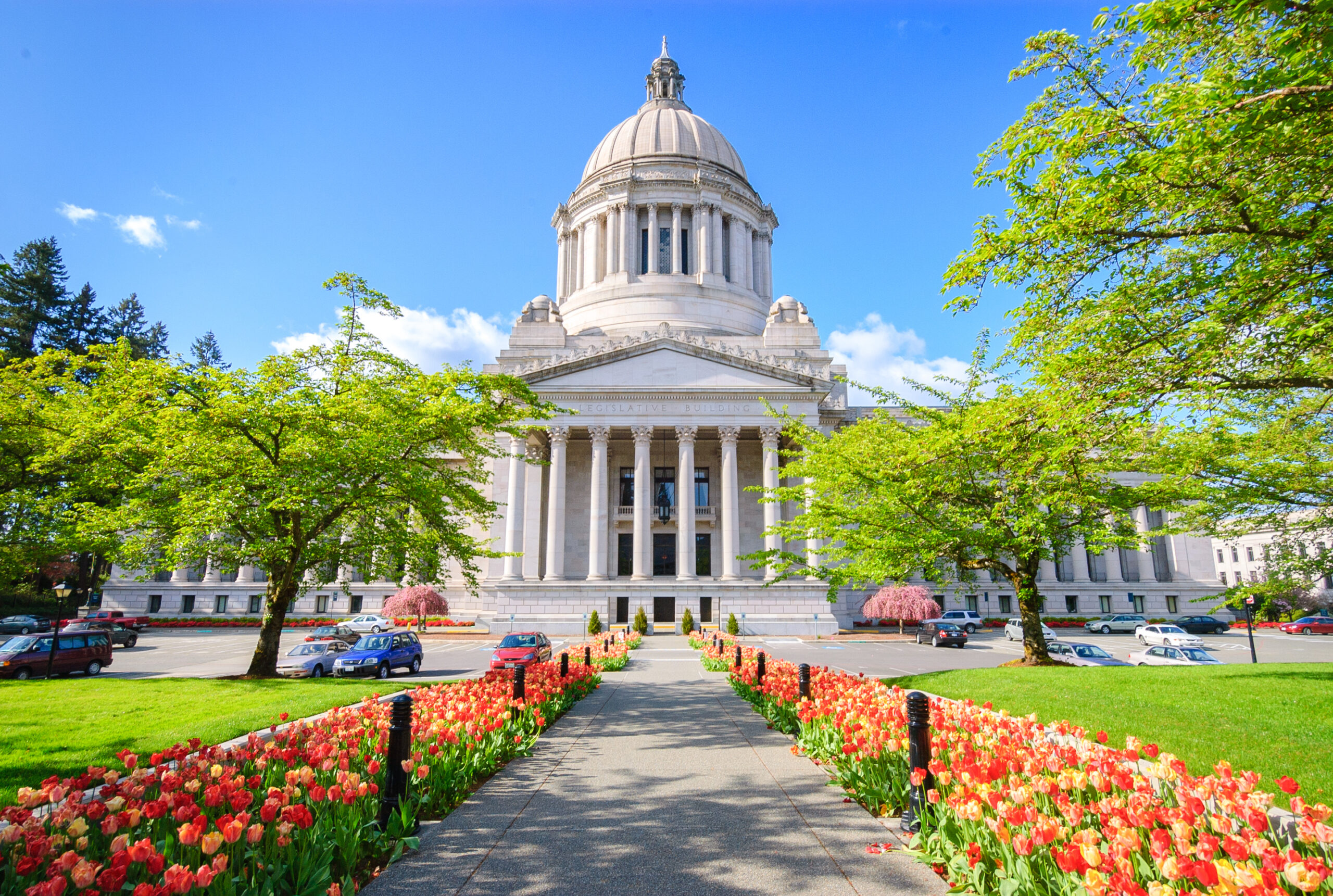
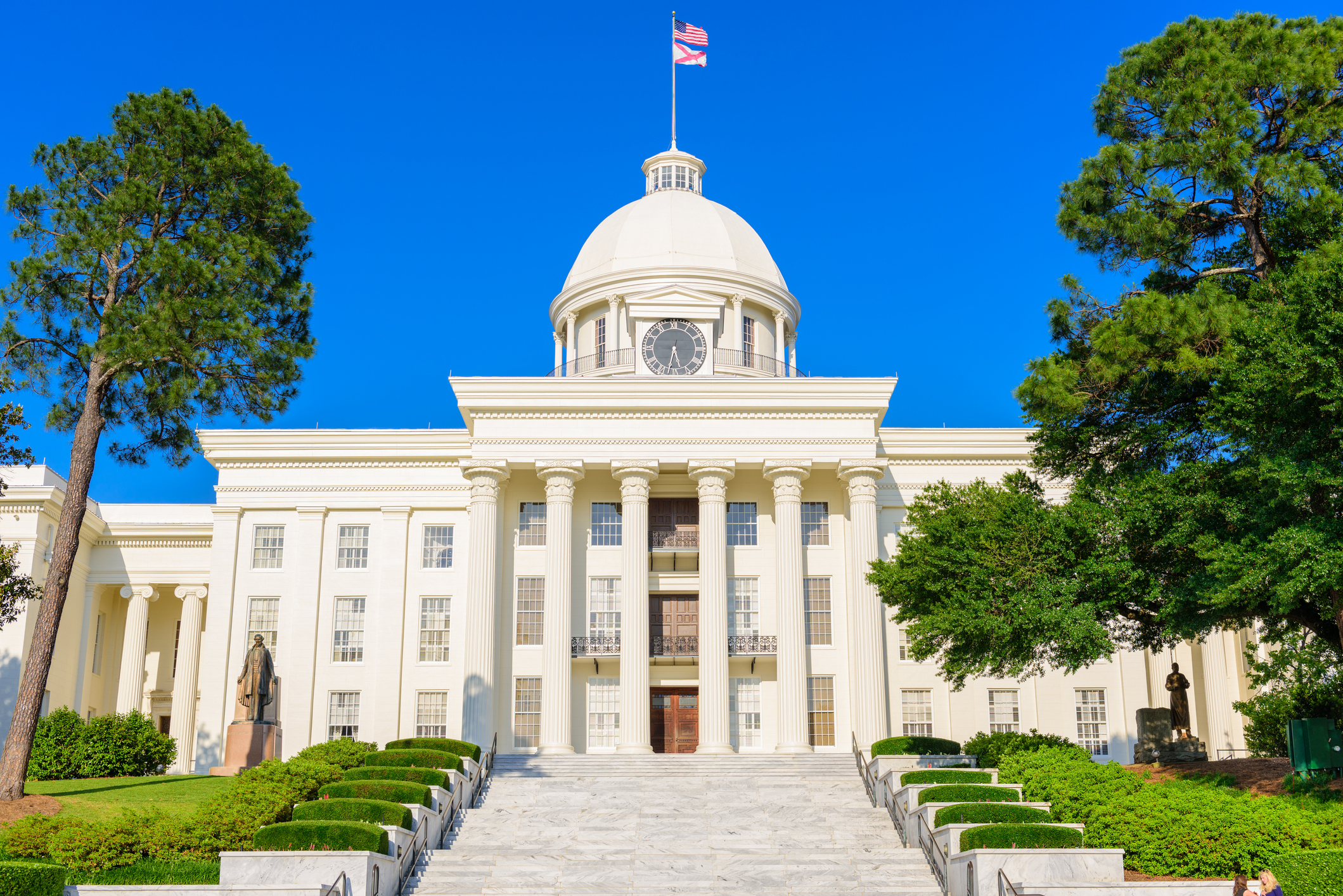
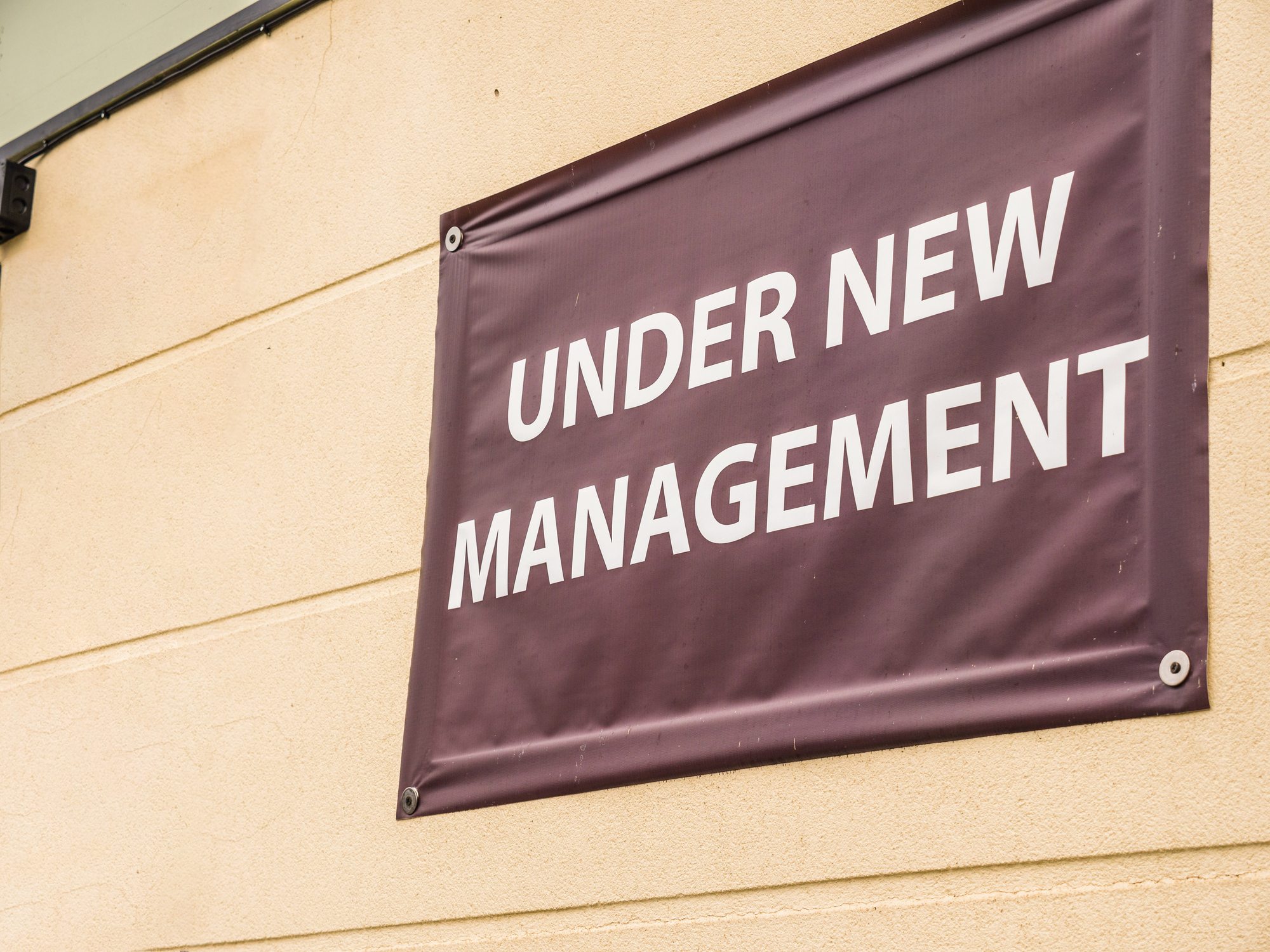
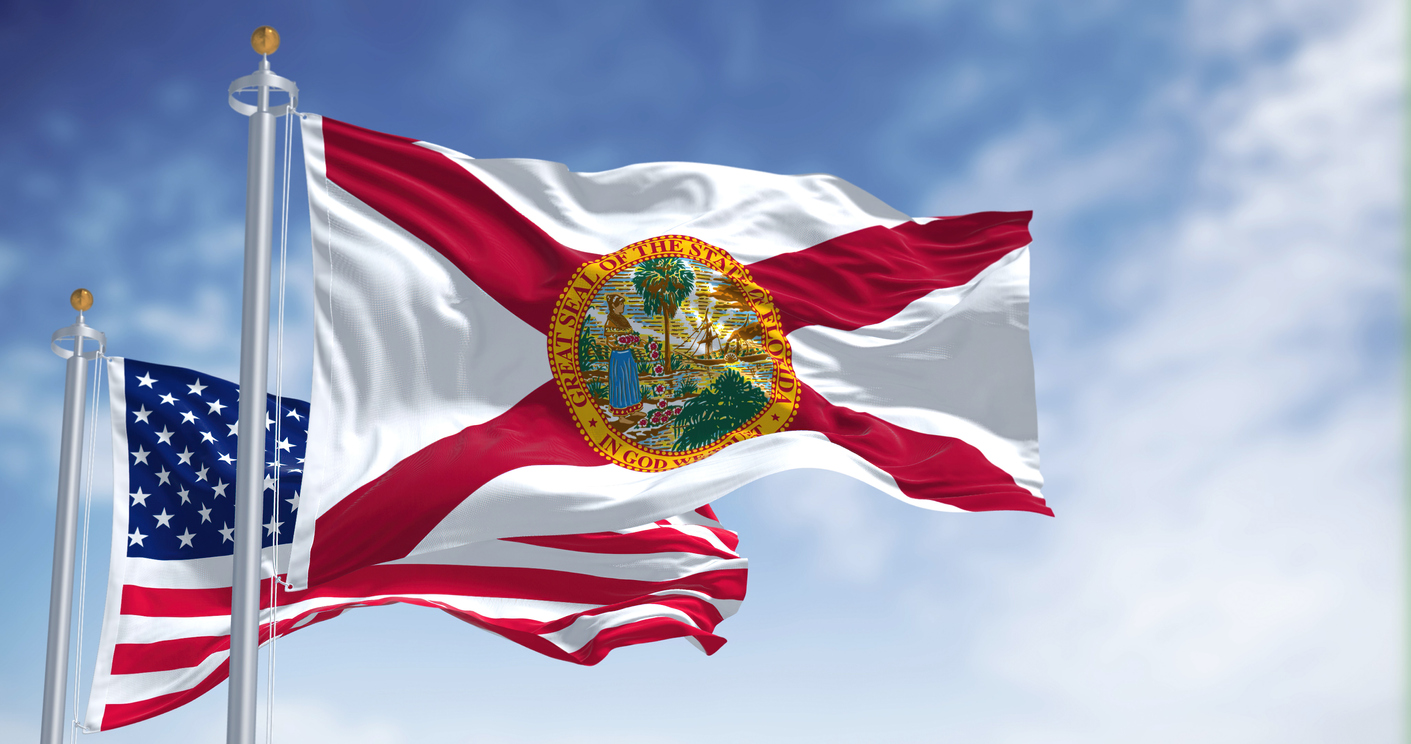

Stay In Touch